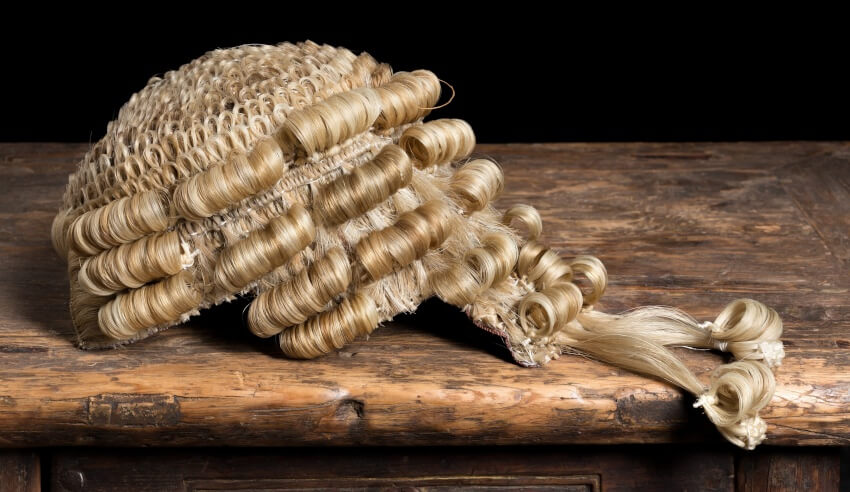Report shows equitable briefing still a way off
The release of the Law Council of Australia’s first year data from the Equitable Briefing Policy has shown there is still a way to go to meeting their 2020 targets and their commitment for briefing of women barristers.

The inaugural Equitable Briefing Policy Annual Report has found over the 2016–17 financial year that women barristers received 20 per cent of total briefs and received 15 per cent of the total fees charged by barristers over the same period.
To continue reading the rest of this article, please log in.
Create free account to get unlimited news articles and more!
Women barristers received 28 per cent of junior barrister briefs, while senior female barristers received only 12 per cent of their respective cohort.
The Equitable Briefing Policy, adopted in 2016, encourages all reasonable endeavours to brief women for entities selecting barristers. The policy aims to see women briefed in at least 30 per cent of all briefs and to receive at least 30 per cent of brief fee values, as part of the Law Council’s measures to “ensure a level playing field for all members of the Australian legal profession”.
Law Council President Morry Bailes concedes there is “obviously a long way to go” to achieve 2020 targets, however he is “greatly buoyed by the enthusiasm for change among the profession.”
“We know that women are graduating from Australian law schools in significantly larger numbers than their male counterparts, yet they make up a lower percentage of barristers (23 per cent in 2015), spend fewer hours in court, and get paid less in fees. As a profession we can and must improve in this area,” he said.
“The overwhelming majority of large Australian law firms and many of the nation’s biggest corporations have now formally signed onto the Equitable Briefing Policy – over 350 organisations and individuals in all.”
Noting “what gets measured gets managed,” Mr Bailes is encouraged by the trend for junior women barristers, and hopeful of seeing this trend graduate into the senior barrister ranks over time.
He said the Law Council has been working hard alongside constituent bodies and stakeholders within the profession in an effort to boost the retention of women.
“Shifting a longstanding culture will not happen overnight. Yet we are confident that through the conscious efforts of signatories in volunteering to self-regulate, coupled with steadfast regular reporting, we can make a real difference in the coming years.”






